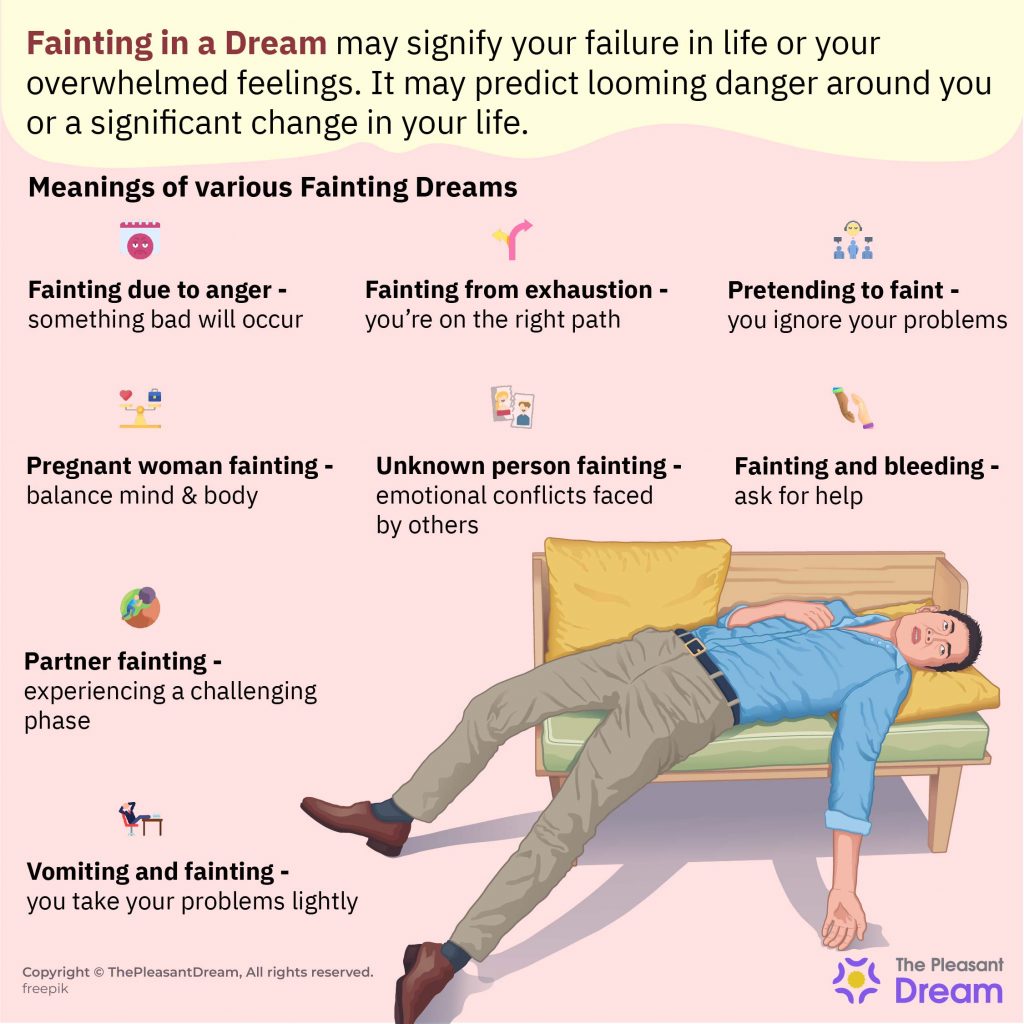Delving into the Nuances of "More Faint" and "Fainter"
Related Articles: Delving into the Nuances of "More Faint" and "Fainter"
Introduction
With enthusiasm, let’s navigate through the intriguing topic related to Delving into the Nuances of "More Faint" and "Fainter". Let’s weave interesting information and offer fresh perspectives to the readers.
Table of Content
Delving into the Nuances of "More Faint" and "Fainter"

The English language, with its rich history and complex grammar, presents a fascinating array of subtleties. One such subtlety lies in the comparison of adjectives, specifically in the distinction between "more faint" and "fainter." While both convey a reduction in intensity, they do so with nuanced differences that influence the overall impact of the expression. This exploration aims to provide a comprehensive understanding of these nuances, highlighting the contexts in which each form is most effective.
Understanding the Basics: Comparative Adjectives
The English language employs comparative adjectives to express differences in degree between two entities. These are formed by adding "-er" to the adjective, as in "bigger," "faster," or "stronger." However, this rule does not apply universally. For adjectives with two or more syllables, the comparative form is typically constructed using "more" before the adjective, as in "more beautiful," "more interesting," or "more complicated."
"More Faint" vs. "Fainter": A Comparative Analysis
While both "more faint" and "fainter" are grammatically correct, they convey subtly different meanings. "Fainter" is considered the more formal and literary choice, often found in written works and formal speech. It emphasizes a distinct reduction in intensity, suggesting a clear and noticeable difference. For instance, "The faint smell of smoke grew fainter as we walked away from the fire."
"More faint," on the other hand, is considered a more informal and versatile option. It indicates a less pronounced decrease in intensity, perhaps a more subtle change or a gradual fading. This form is frequently used in everyday conversation and less formal writing. For example, "The music became more faint as the band packed up their instruments."
Contextual Considerations
The choice between "more faint" and "fainter" is often dictated by the context in which the expression is used. The following factors play a crucial role in determining the most suitable form:
- Formal vs. Informal: As mentioned earlier, "fainter" is preferred in formal settings, while "more faint" is more common in informal situations.
- Degree of Change: "Fainter" suggests a more significant reduction in intensity, while "more faint" implies a more gradual or subtle decrease.
- Clarity and Emphasis: "Fainter" provides a clearer and more emphatic statement of the reduction in intensity, while "more faint" offers a softer and less assertive expression.
Beyond the Grammar: Exploring the Impact
The choice between "more faint" and "fainter" can subtly influence the overall impact of a sentence. "Fainter" carries a more dramatic and evocative quality, drawing attention to the reduction in intensity and potentially creating a sense of mystery or intrigue. "More faint," on the other hand, conveys a more understated and descriptive tone, focusing on the gradual nature of the change and potentially evoking a sense of tranquility or subtlety.
Examples Illustrating the Nuances:
Consider the following examples to further understand the impact of each form:
- "The faint light of the moon grew fainter as the clouds rolled in." This sentence uses "fainter" to emphasize the distinct decrease in the moon’s light, creating a sense of foreboding or mystery.
- "The melody became more faint as the musicians walked off stage." This sentence uses "more faint" to describe the gradual fading of the melody, conveying a sense of closure or tranquility.
FAQs on "More Faint" and "Fainter":
1. Which form is grammatically correct?
Both "more faint" and "fainter" are grammatically correct, with the choice depending on the context and desired effect.
2. When should I use "fainter"?
"Fainter" is preferred in formal writing and speech, particularly when emphasizing a distinct reduction in intensity.
3. When should I use "more faint"?
"More faint" is suitable for informal contexts and when describing a gradual or subtle decrease in intensity.
4. Can I use both forms interchangeably?
While both forms are grammatically correct, they convey different meanings and impacts. Interchanging them can alter the intended message.
5. Are there any other ways to express a reduction in intensity?
Yes, other options include "dimmer," "weaker," "less intense," "subdued," "softer," or "paler," depending on the specific context.
Tips for Choosing the Right Form:
- Consider the context: Formal or informal? Written or spoken?
- Determine the degree of change: Significant or subtle?
- Focus on the intended impact: Dramatic, evocative, understated, or descriptive?
Conclusion: Embracing the Nuances
The choice between "more faint" and "fainter" may seem insignificant at first glance. However, these seemingly interchangeable forms carry nuanced meanings and impacts that can significantly influence the overall message. Understanding these nuances allows for more precise and effective communication, enriching the richness and depth of the English language. By carefully considering the context and desired effect, writers and speakers can harness the power of both "more faint" and "fainter" to convey their thoughts and ideas with greater clarity and impact.








Closure
Thus, we hope this article has provided valuable insights into Delving into the Nuances of "More Faint" and "Fainter". We hope you find this article informative and beneficial. See you in our next article!